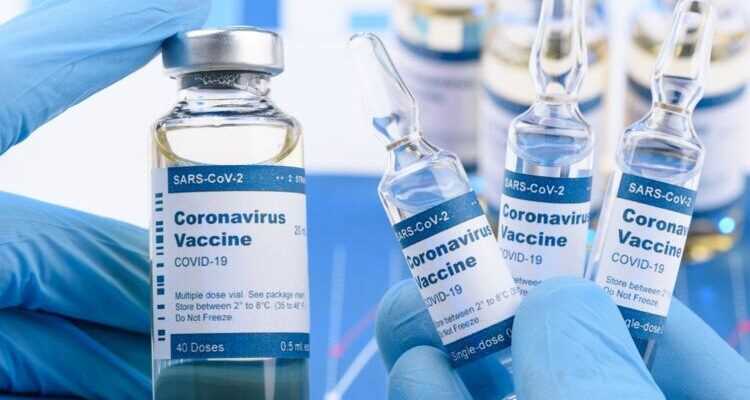And three! After Pfizer-BioNTech and Moderna, a third laboratory has just obtained authorization from the European health authorities. According to the Agency's press release, the vaccine is around 60% effective and can be offered at any age (from 18 years old) including for people over 65 years old. “Most of the participants in these studies were between 18 and 55 years old. There are not yet enough results in older participants (over 55 years old) to provide a figure for vaccine effectiveness in this group. (…) There is reliable information on safety in this population, scientific experts have estimated that the vaccine can be used in the elderly. " Yesterday, the German vaccination commission expressed reservations about the effectiveness of the vaccine on seniors, reserving its use for those under 65. His opinion specifies that "the data currently available are insufficient to assess the effectiveness of the vaccine beyond 65 years." The British laboratory for its part says that all patients can be vaccinated, ensuring that "the latest analyzes (…) confirm the efficacy of the vaccine in the over 65 age group". An argument which seems to have convinced the European Agency for an unrestricted green light. This vaccine is also administered in two injections, spaced "4 to 12 weeks after the first".
Longer delivery times
Will this authorization allow the acceleration of production? As it stands, the 27 countries of the European Union deplore the delays taken by the other two laboratories. After the temporary drop in deliveries of Pfizer-BioNTech vaccine doses – 200,000 fewer in January – the Ministry of Health confirmed Thursday, January 28 that Moderna was in turn behind schedule. The manufacturer is forced to reduce by a quarter the number of doses delivered to France for the month of February. As for Astra Zeneca, the group mentioned a "Drop in yield" in a European factory, explaining that it could only deliver a quarter of the doses initially promised to the EU in the first quarter.
Read also: Pfizer, Moderna, AstraZeneca: will the French be able to choose their vaccine?
